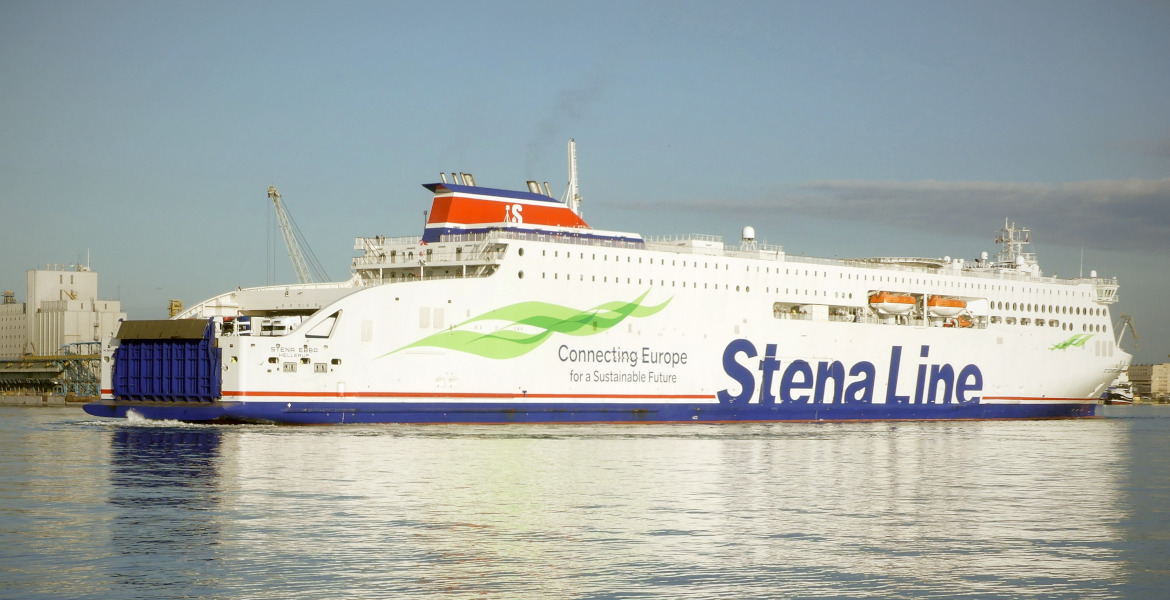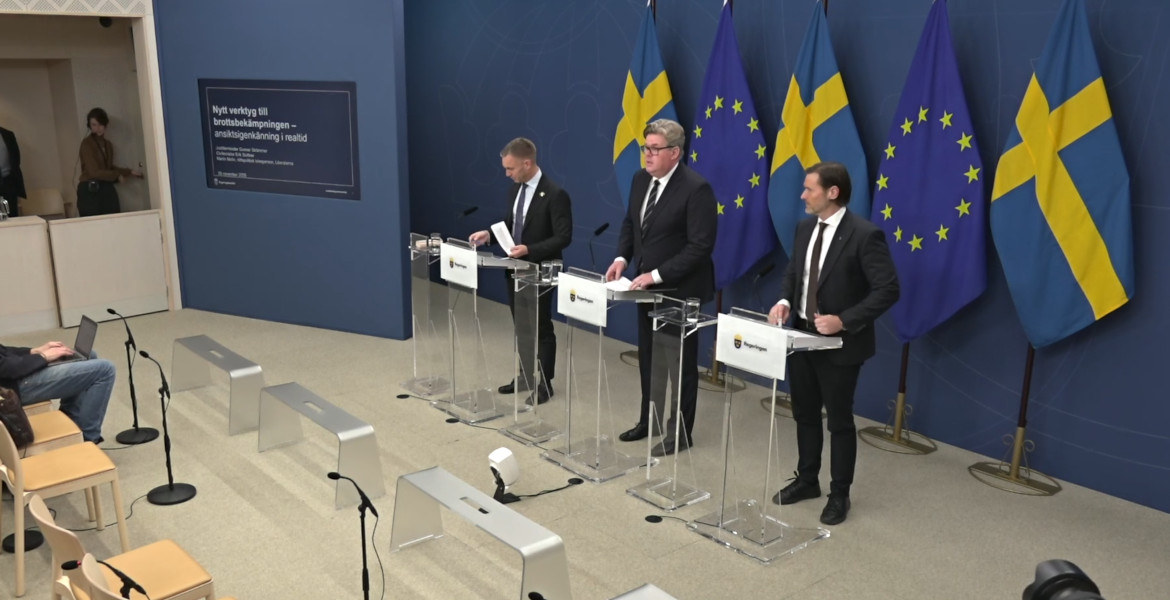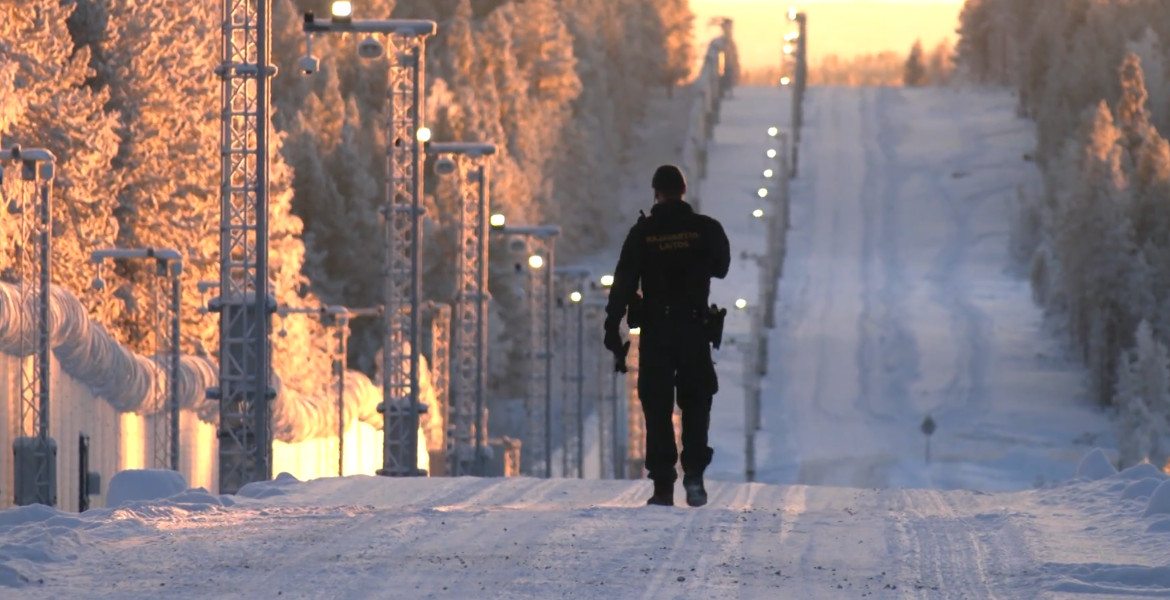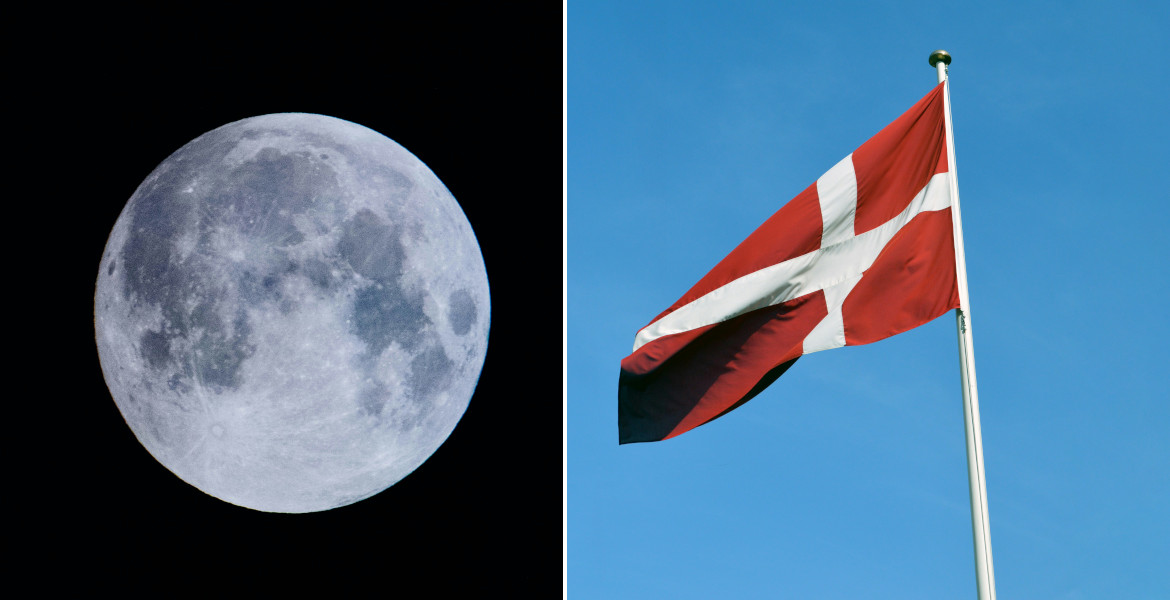Swedish shipping company Stena Line is taking over the ferry service between Vaasa, Finland and Umeå, Sweden through the acquisition of Wasaline.
However, the ferry Aurora Botnia will remain owned by the cities through Kvarken Link, and the deal must be approved by the city councils later in November.
Stena Line is expanding its presence in the Baltic Sea through the acquisition of NLC Ferry Ab Oy, which operates the ferry line under the name Wasaline. The agreement was signed on Tuesday and means that Stena Line will take over operations of the route connecting the two important regional cities.
Niclas Mårtensson, CEO of Stena Line, welcomes the deal in a comment to Finnish broadcaster Yle:
— It is with great joy and enthusiasm that we at Stena Line take over responsibility for Wasaline and the route between two important regions and cities, Vaasa and Umeå.
Ferry remains in city ownership
The vessel Aurora Botnia, which has operated the route since 2021, will continue to be owned by Kvarken Link while responsibility for daily operations transfers entirely to Stena Line. Peter Ståhlberg, CEO of Wasaline, sees the acquisition as a natural step:
— It is strategically important to ensure that traffic between Vaasa and Umeå continues and has opportunities to grow in the future. This will mean a major boost for the region with significant positive synergies.
Frans Villanen, chairman of the city council in Vaasa, emphasizes the importance of bringing in a larger operator with greater resources:
— We are very proud of how bold we were in Vaasa city and Umeå municipality when we decided that the ferry was needed across the Kvarken strait and the project became reality. But now it's time to bring in a larger operator with knowledge, expertise and resources that we in the cities don't have.
"Great opportunities"
Finnish Minister for European Affairs and Ownership Joakim Strand, who is also a council member in Vaasa, views the deal positively:
— This is very positive news. What I think is excellent is that the ferry itself, meaning the infrastructure, remains in municipal ownership while operations are run by a strong company like Stena Line.
According to Strand, Stena Line's extensive network and experience with European logistics flows will benefit the region.
— This will create great opportunities to put the Kvarken region, Vaasa and Umeå even more on the map. This shows that there is strong belief in our region.
Fifth line in the Baltic Sea
With the Vaasa-Umeå route, Stena Line gains its fifth ferry line in the Baltic Sea. The shipping company, which has its headquarters in Gothenburg, Sweden, operates a total of 20 lines across Europe and employs around 6,500 people. The company's annual revenue amounts to €1.7 billion.
Wasaline has in recent years steadily broken new passenger and freight records, although last year showed a slight decline in passenger numbers.




